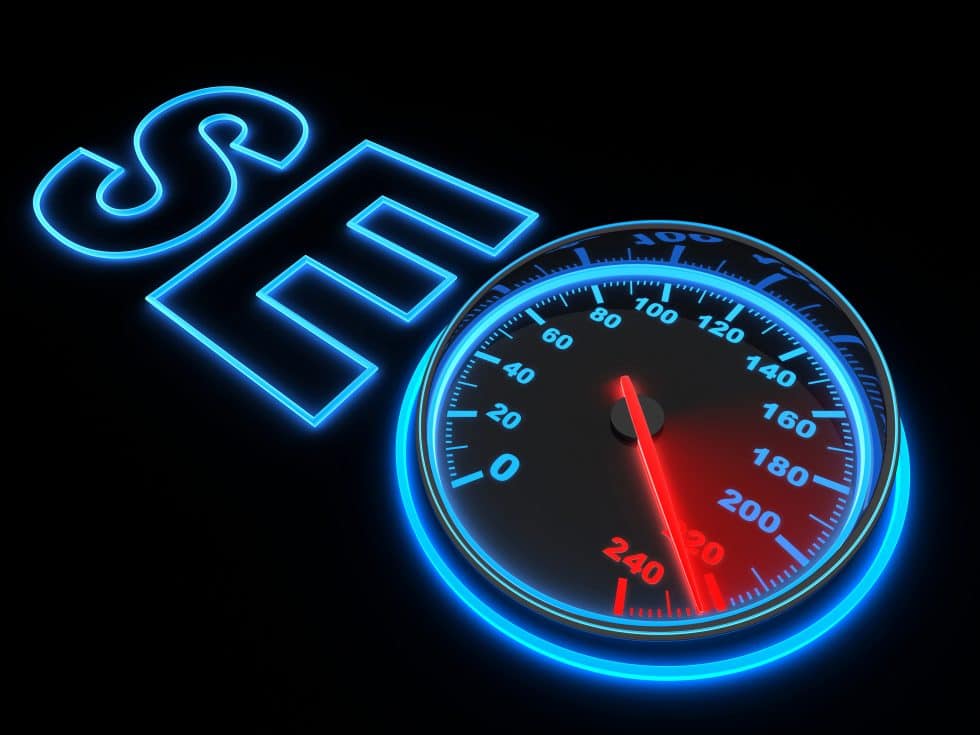
The first thing a visitor sees is page speed, so the faster it loads, the better. But page speed also affects conversion and bounce rates. If your site takes too long to load, prospective customers will leave the website and never return. 79% of users would not recommend a site they had a slow loading time on. So, how do you improve page speed? Keep reading to learn more.

Table of Contents
Page speed is a ranking factor
Google has announced that page speed is one of its main ranking factors, though it rarely divulges its algorithm. Google’s Web Page Speed ranking factor was publicly announced in 2010 but has since been downplayed by Google and the SEO community. The search giant has also warned website owners not to overestimate its impact. The speed of a page can affect conversion rates. So how do you improve your website’s speed?
It affects user experience
Page speed has become a critical factor for SEO. Google has said that it affects ranking by affecting dwell time and bounce rates. Moreover, visitors judge your page’s speed in 0.05 seconds. If it takes three seconds to load, your visitors will simply leave. The better the page’s speed, the better your SEO will be. However, it’s not only important for conversions, it affects your bottom line as well.
It affects conversion rates
Many people are unaware of the impact page speed has on a website’s conversion rate. But research has shown that a slow website can cause as much as a 7% reduction in conversion rate. This is a significant amount of revenue that can be lost if a visitor cannot buy something within two seconds. In addition, a visitor who experiences a slow website is more likely to visit a competitor’s site, making the impact even greater.
It affects bounce rates
Like the page on your website loads, the faster it loads, the less likely a user will remain. A page that takes more than three seconds to load experiences a 33 percent increase in bounce rate, while a page that takes less than two seconds has a mere ten percent increase. Increasing page speed is an essential part of search engine optimization (SEO), but it’s also crucial for user experience. Slow loading pages will result in a higher bounce rate, general loss of traffic, and significant loss of conversions.
It affects user engagement
While it may seem counter-intuitive to discuss page speed in the context of SEO, the fact remains that this factor does affect how your site ranks. Google penalizes websites that load slowly, and page speed affects user engagement. A slower site will lose organic search results, which in turn will negatively affect its conversion rate and rankings. By contrast, a fast site is guaranteed to have a richer user experience and lower operating costs.
(Looking for SEO for company website? Contact Omaha SEO today!)


CONNECT WITH US!!